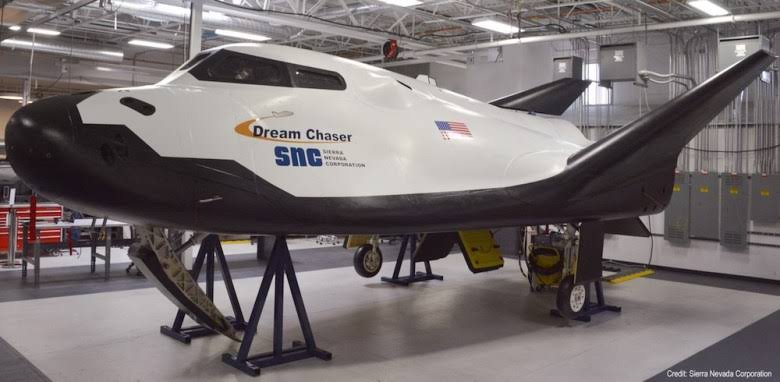
Twenty-five years from now, the private space industry will continue its rapid rise, which will be characterized by ground-breaking breakthroughs, ambitious missions, and rising commercialization initiatives. It is difficult to determine which product is the “best” because it is subjective and relies on the factors that are utilized, such as revenue, technological developments, launch cadence, innovation, or future potential. In spite of this, the following is a forecast of the top ten best private space enterprises in the world for the year 2025, based on a combination of these relevant criteria and the current trajectory of the industry:
List Of Top 10 Best Private Space Companies In The World 2025
1. Virgin Galactic
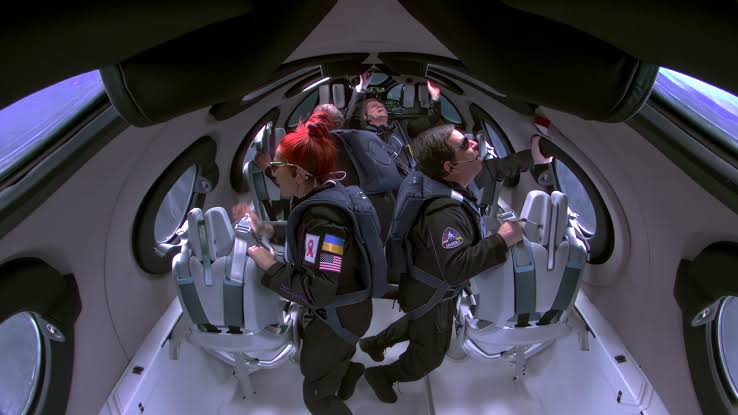
An entrepreneur from the United Kingdom named Sir Richard Branson established Virgin Galactic in 2004, and it is currently at the forefront of the rapidly developing commercial spaceflight sector. The company’s primary objective is to make space travel more accessible to the general public. To do this, it is currently in the process of constructing and running a one-of-a-kind suborbital spaceflight system that is intended to transport paying passengers, researchers, and eventually permit high-speed point-to-point travel.
2. Rocket Lab
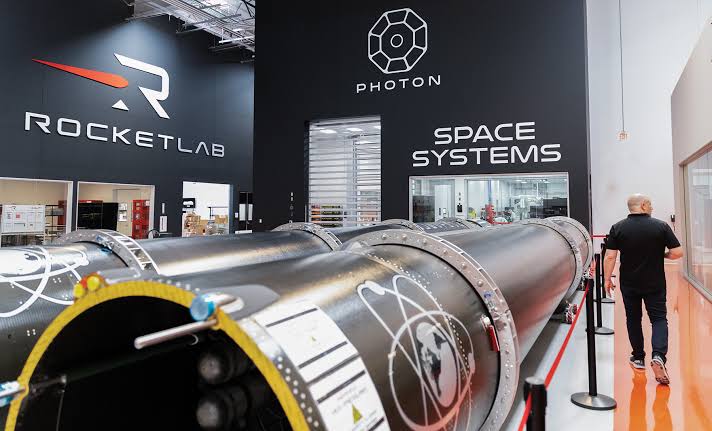
Rocket Lab is a New Zealand-based company that was created in 2006 by Peter Beck. Since its inception, Rocket Lab has quickly established itself as a prominent player in the market for small satellite launches, and it is also growing its skills in space systems. The company’s primary objective is to facilitate dependable and frequent access to space, with the ultimate goal of simplifying the process of constructing and operating the infrastructure that is necessary for a more intelligent planet.
3. Boeing Defense, Space & Security
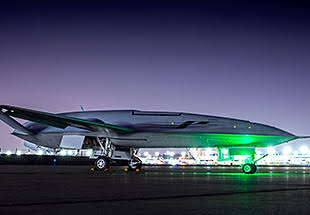
The worldwide aerospace and defense scene is profoundly influenced by Boeing Defense, Space & Security (BDS), which is a cornerstone of the industry. In its capacity as one of the three principal business groups of The Boeing Company, Boeing Defense Systems (BDS) is accountable for the research, development, manufacturing, and modification of a wide variety of military aircraft, rotorcraft, missiles, and space systems. With a legacy that is intricately connected with the history of flight and space research, the British Defense Society (BDS) continues to have a significant impact on the future of national security, technical advancement, and our comprehension of the universe.
4. Lockheed Martin
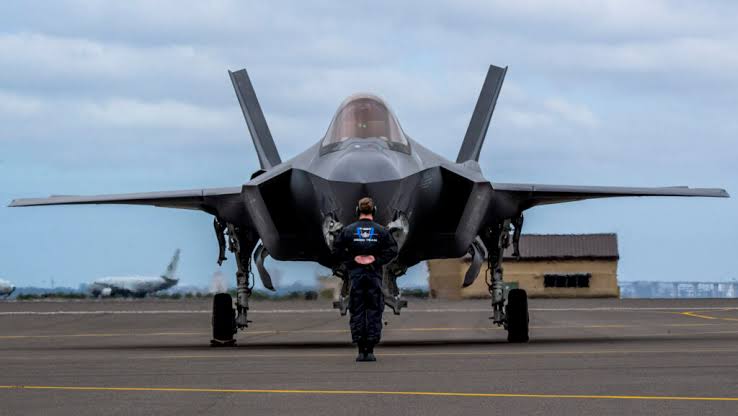
The legacy of Lockheed Martin, a company whose name is synonymous with cutting-edge technology, defense, and aerospace, dates back more than a century. Lockheed Corporation and Martin Marietta, two giants in their own right, merged in 1995 to form the company that has consistently pushed the boundaries of what is possible in the air, in space, and across the digital domain. The company was formed as a result of the merger. The United States government and its allies continue to be Lockheed Martin’s primary customers, and the company continues to be a significant force in shaping global security and exploration. Lockheed Martin’s core mission is to provide innovative solutions and advanced technology to its customers.
5. Orbit Fab
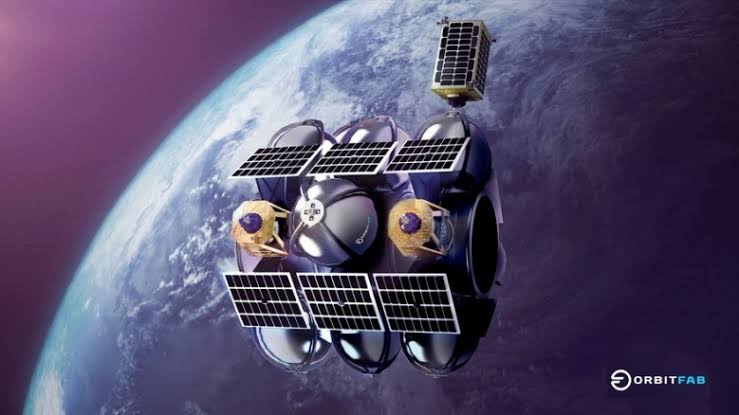
As the space industry is experiencing a dramatic surge in activity, which is being driven by the proliferation of satellite constellations, ambitious space exploration initiatives, and the promise of a flourishing economy in space, a significant logistical challenge has emerged: the question of how to effectively manage the fuel requirements of spacecraft. Orbit Fab, a pioneering startup that was established in 2018, is taking this challenge head-on with its audacious vision of establishing an infrastructure for refueling in space. It is their mission to unlock the full potential of the space ecosystem by providing a dependable and easily accessible method for satellites to replenish their propellant while they are in orbit. This will prolong the lifespan of the satellites, make it possible for new mission architectures to be developed, and ultimately make space operations more environmentally friendly and cost-effective.
6. Sierra Nevada Corporation

The Sierra Nevada Corporation (SNC), which is a privately held corporation that operates in the fields of aerospace, defense, electronics, engineering, and manufacturing and has its headquarters in Sparks, Nevada, frequently operates somewhat outside of the intense public spotlight that is directed toward some of its competition that is larger. However, for more than half a century, SNC has quietly established itself as a significant and innovative player. The company has been providing the United States Department of Defense, NASA, and the commercial spaceflight industry with technology solutions that are quick, agile, and at the cutting edge of technology.
7. Space Forge
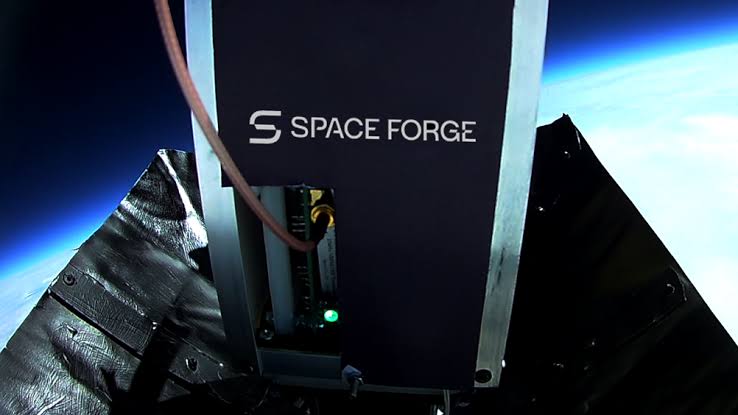
Space Forge stands out in the rapidly expanding landscape of commercial space with a truly innovative goal: to become a leader in in-space manufacturing by capitalizing on the one-of-a-kind conditions of orbit to create advanced materials that are impossible to produce on Earth. This British aerospace company, which was established in 2018 by Joshua Western and Andrew Bacon and has its headquarters in Cardiff, Wales, has a vision for the future in which space is not merely a destination but rather a high-tech factory that serves the industries that are located on our planet.
8. Astroscale
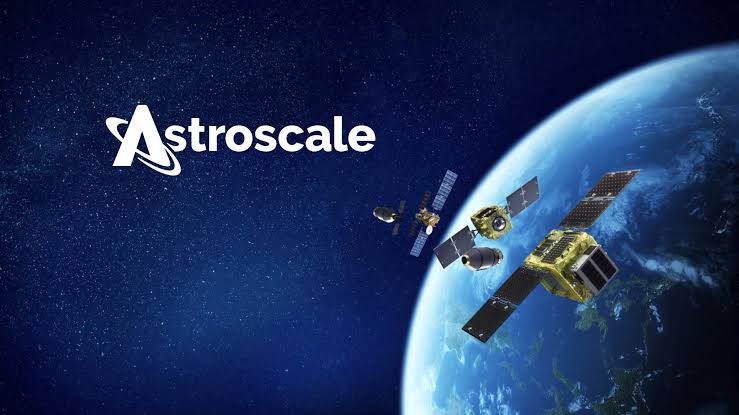
An era that is characterized by an increasing reliance on space-based infrastructure is one in which the growing problem of space debris poses a significant threat to both ongoing missions and those that will be undertaken in the future. A hazardous environment is created when defunct satellites, spent rocket bodies, and fragmentation debris orbit the Earth at tremendous speeds. This environment poses a risk of collisions with spacecraft that are currently in operation. In comes Astroscale, a forward-thinking company with a crystal clear and essential mission: to ensure the secure and sustainable development of space for the benefit of future generations by actively addressing the challenge of orbital debris.
9. SpaceX
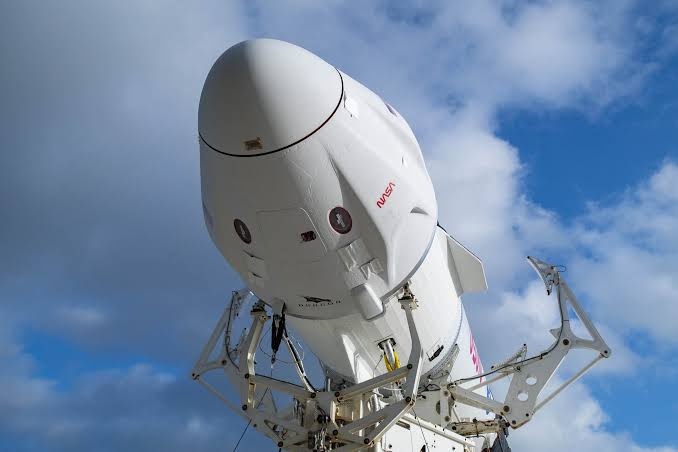
Space Exploration Technologies Corporation, also known as SpaceX, is a company that has become a transformative force in the aerospace industry. It was established in 2002 by Elon Musk with the lofty objective of lowering the costs of space transportation and making it possible to colonize Mars. SpaceX has consistently pushed the boundaries of what is considered possible, beginning with its initial aspirations and continuing to its current status as a dominant launch provider and a key player in human spaceflight and satellite constellations.
10. Blue Origin
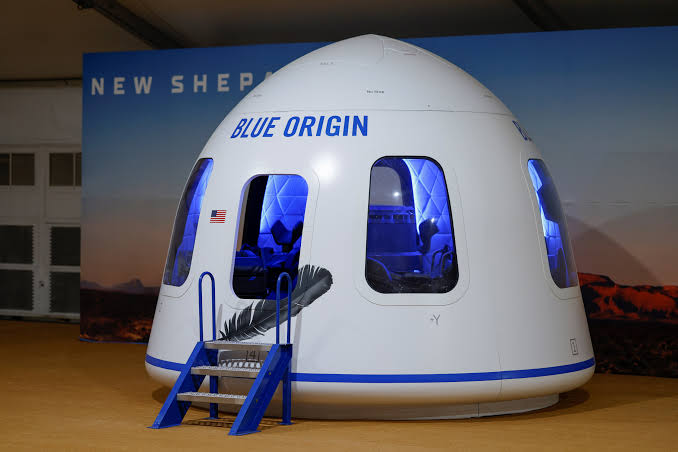
Blue Origin is a private aerospace company that was established in the year 2000 by Jeff Bezos, the founder of Amazon.com. Blue Origin’s long-term vision is to enable a future in which millions of people are living and working in space for the benefit of Earth. With its headquarters in Kent, Washington, the company is working on the development of reusable rocket engines, launch vehicles, in-space systems, and lunar landers. The company is developing these technologies with the goal of reducing the cost of access to space while also ensuring safety and reliability.






I am perpetually thought about this, regards for putting up.